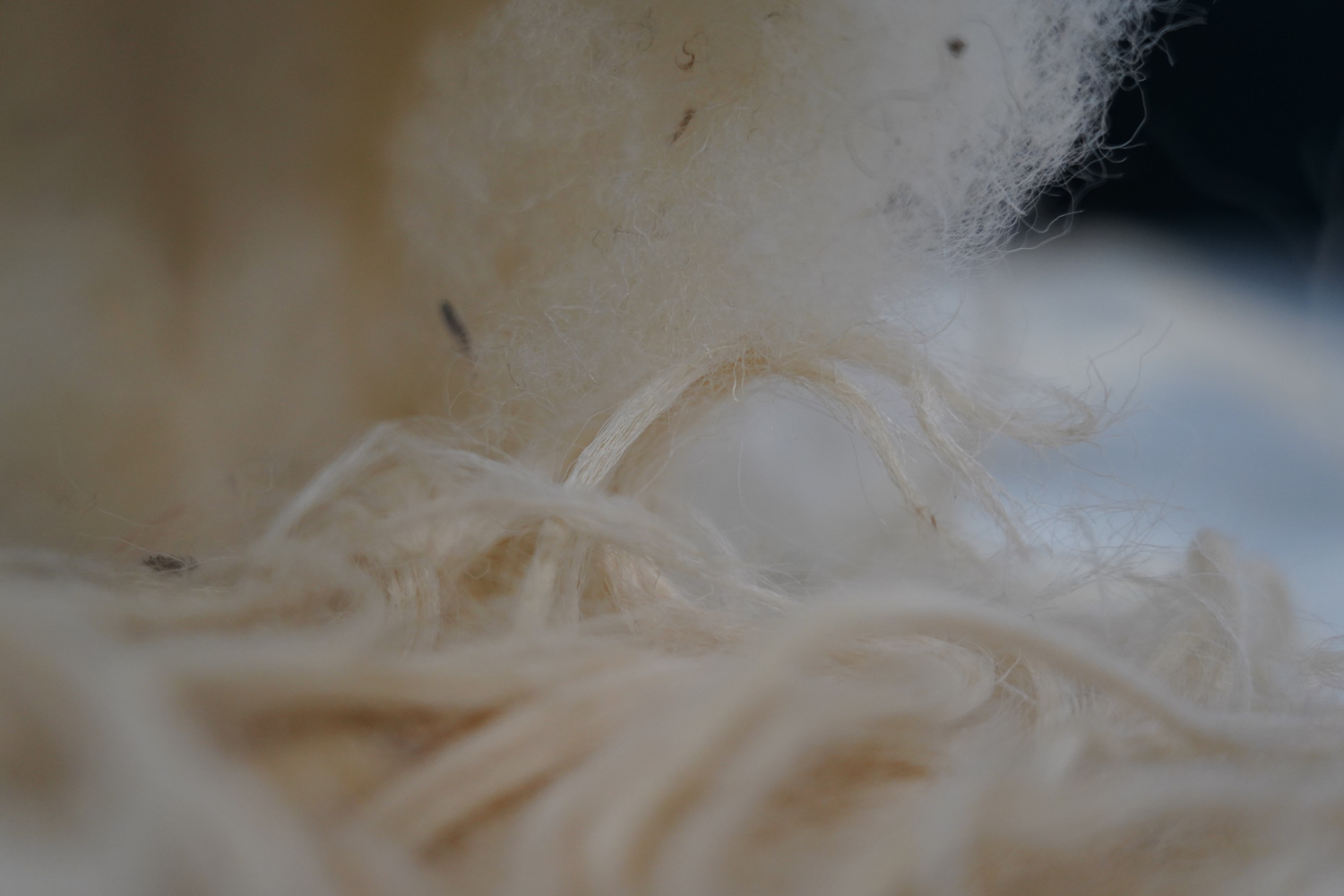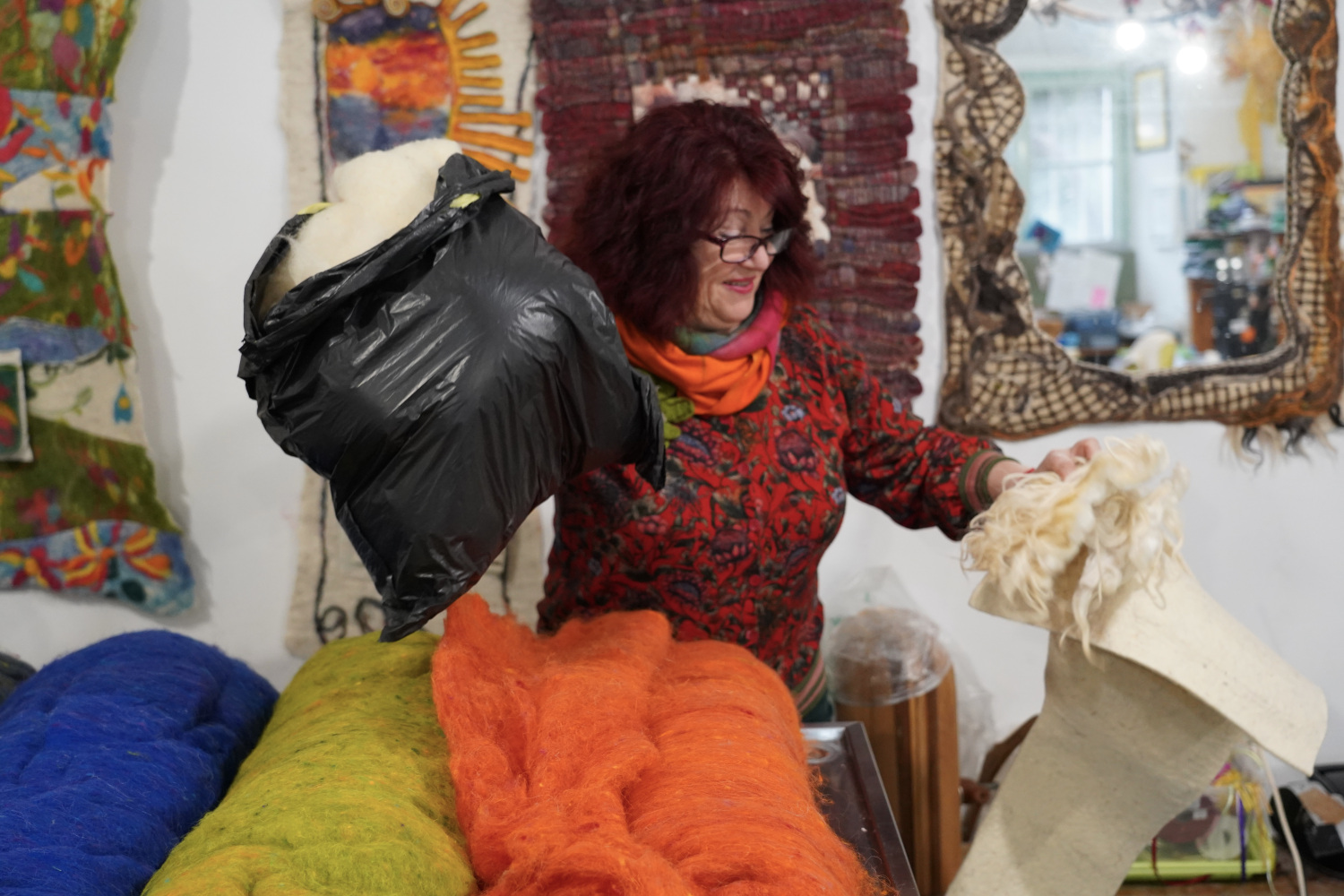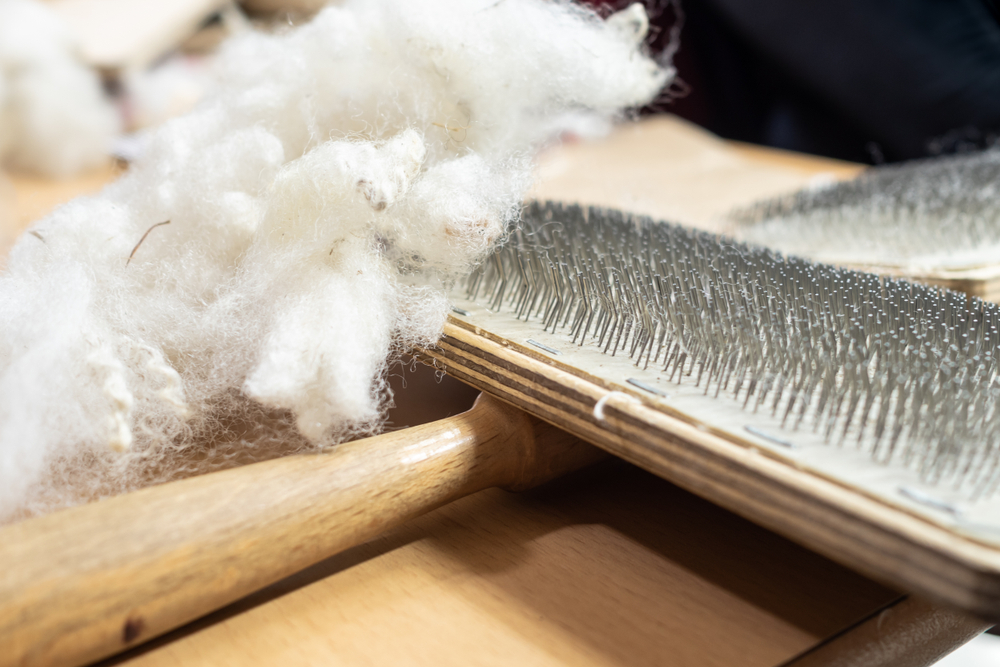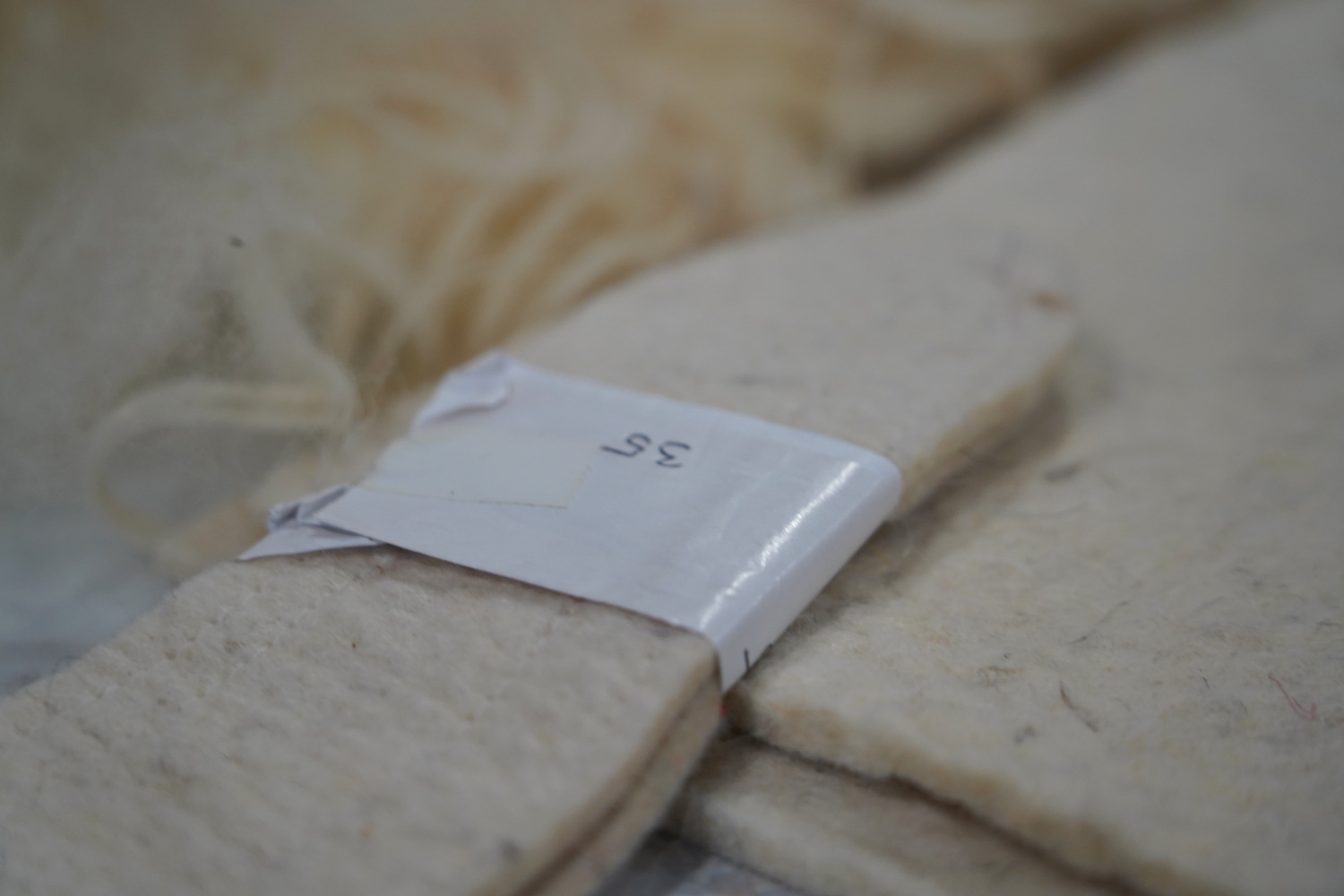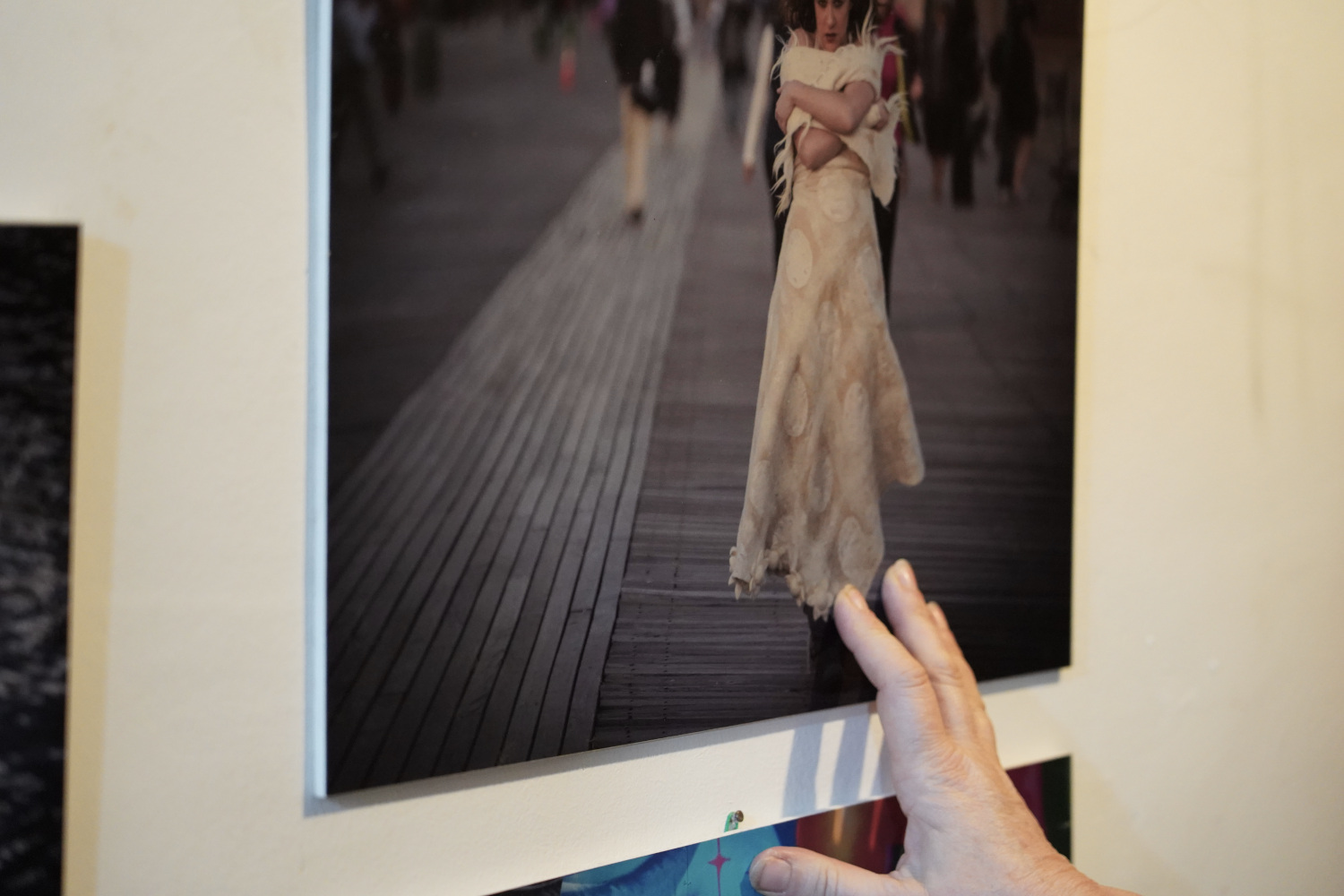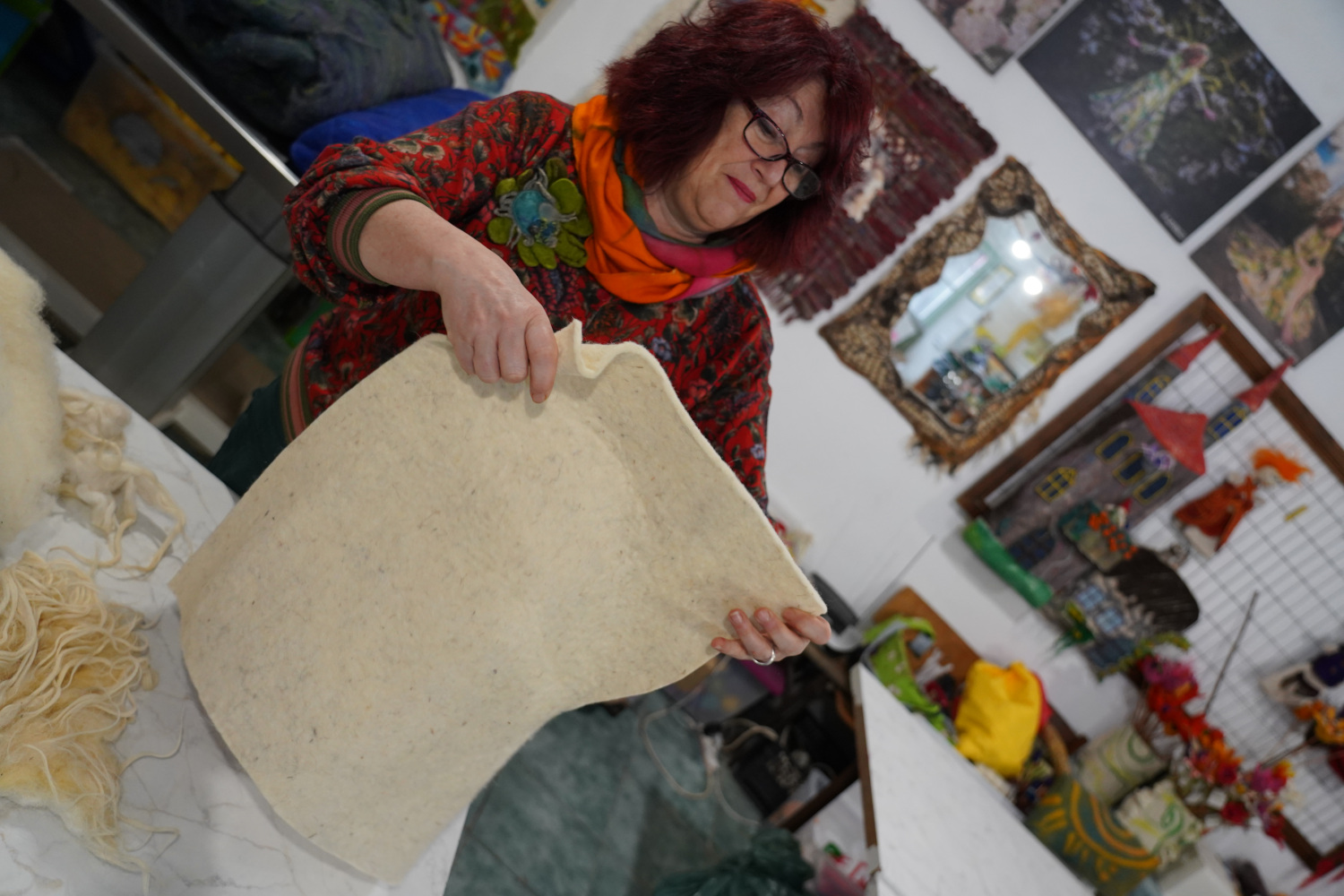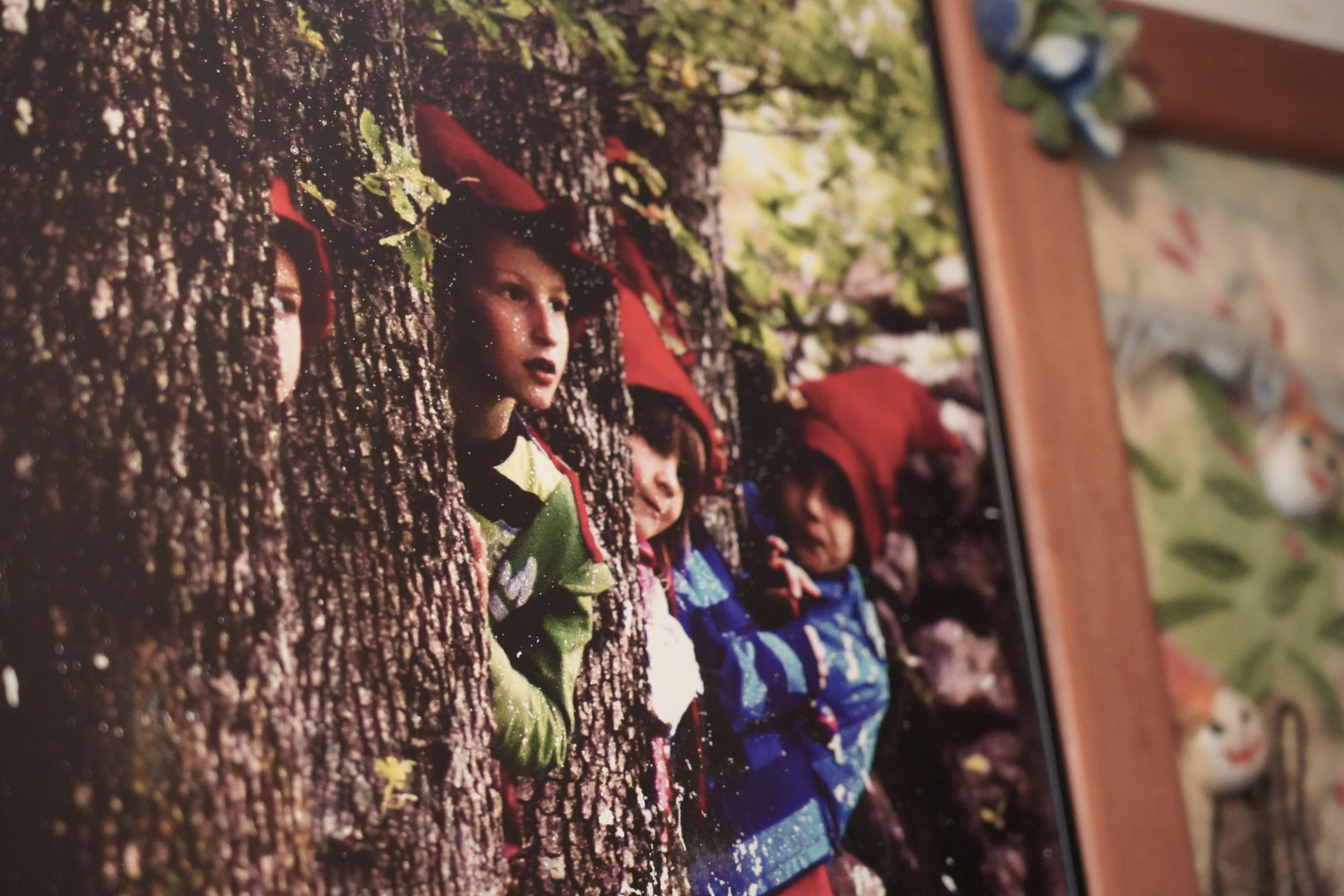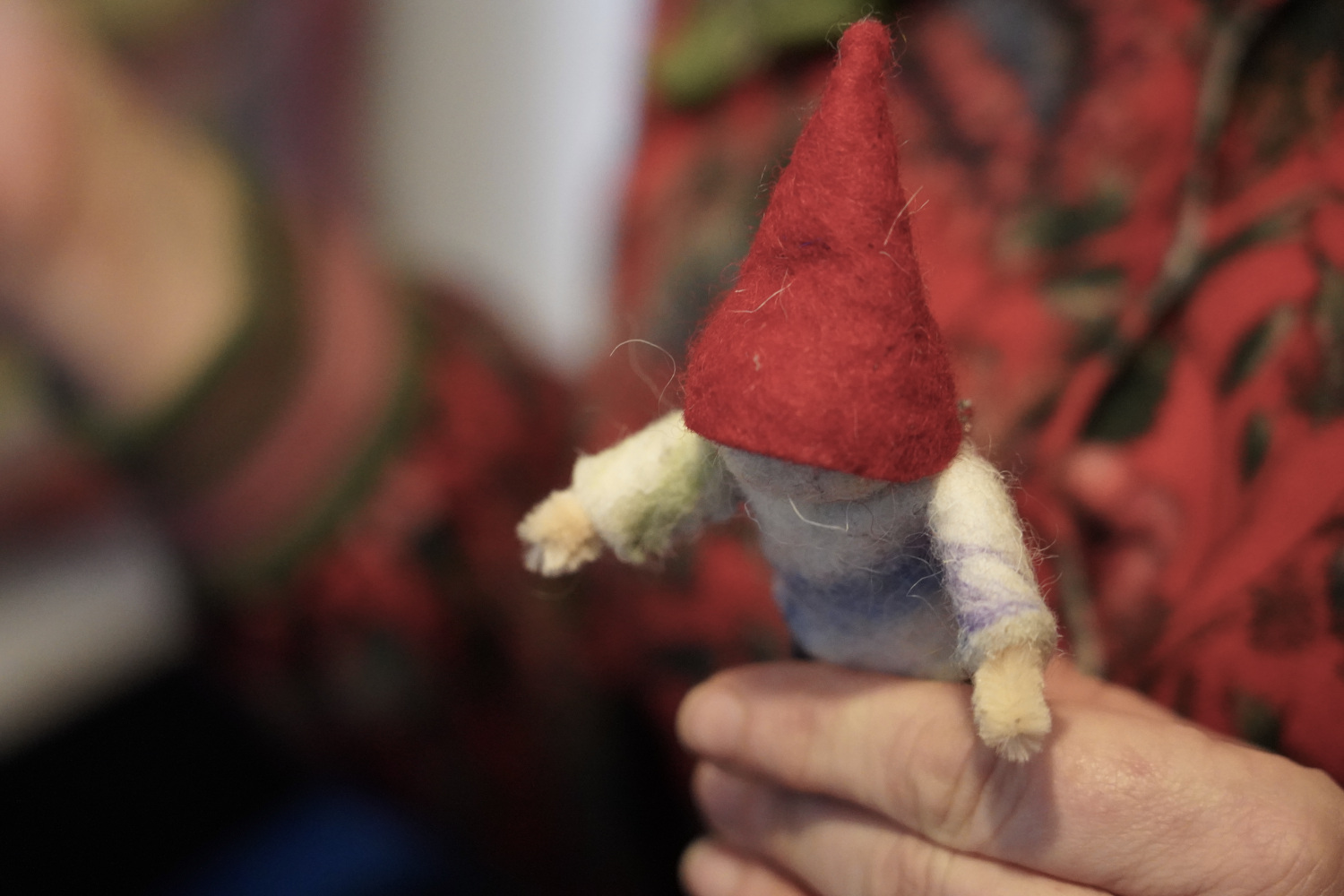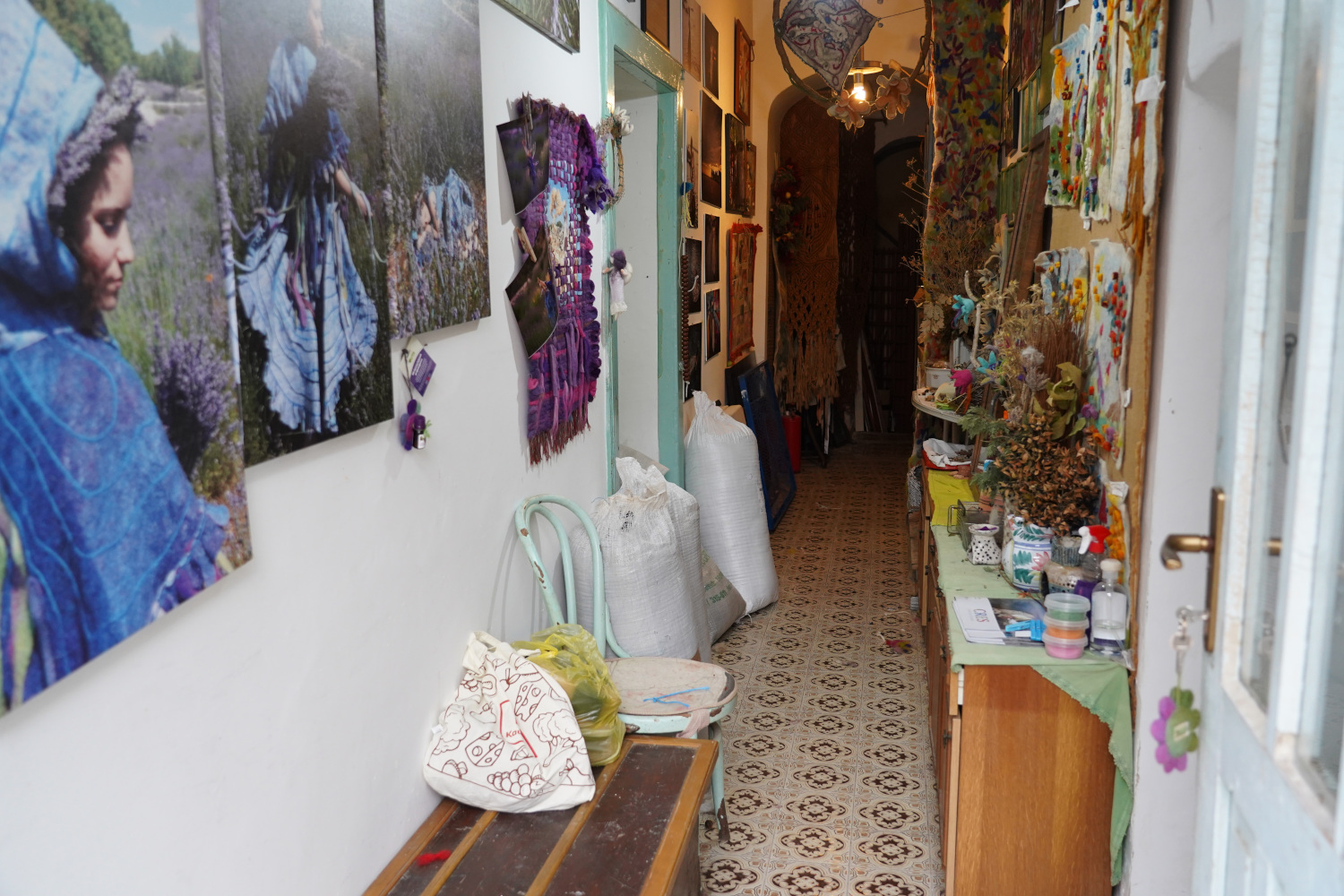| Work for Future |
Cres: from wool to felt
09/08/2023, Redazione
This photo story describes the phases of the processing that leads from the fleece of the sheep to felt. A practice that Vesna Jakić, of the "Ruta" association, continues to spread with passion on the island of Cres. Text and images by Nicole Corritore and Davide Sighele
These photographs were taken at the headquarters of the Ruta association in Cres. We met its animator Vesna Jakić last February. There are many on the island who, in various ways, are committed to ensuring that the tradition of pastoralism in Cres does not disappear. Among these is the LAG – Kvarnerski Otoci (Local Action Group of the Kvarner Islands), a partnership established between actors from the public, economic, and civil society sectors of the islands of Krk, Cres, and Mali Lošinj. A group created to promote rural development through local initiatives and partnerships, improve living and working conditions, diversify economic activities, ensure the flow of information and the transfer of knowledge, develop synergies and networks between all stakeholders to contribute to the development of rural areas.
LAG’s activities include launching tenders to support initiatives in the pastoral sector. For example, on 13 October 2022, 14 projects obtained funds from the Rural Development Programme of the Republic of Croatia 2014-2020 supported by EU cohesion policy. Farmer Dubravko Devčić purchased 20 sheep, poles and barbed wire for the fence, solar energy electrical system to electrify the fence, and various equipment for cleaning the land. Support for pastoralism is expressly cited as very important in the "National programme for the development of the islands of the Republic of Croatia" 2021-2027, drawn up in the context of EU cohesion policies: "On the islands, sheep breeding stands out, which is more developed on the islands of Pag, Cres, and Brac. It must be supported because it has a positive impact on the island’s economy, reduces the emigration of the population from the islands, participates in the biological balance, but also reduces the risk of fires".
This content is published in the context of the “Work4Future” project co-financed by the European Union (EU). The EU is in no way responsible for the information or views expressed within the framework of the project. The responsibility for the contents lies solely with OBC Transeuropa. Go to the “Work4Future“

